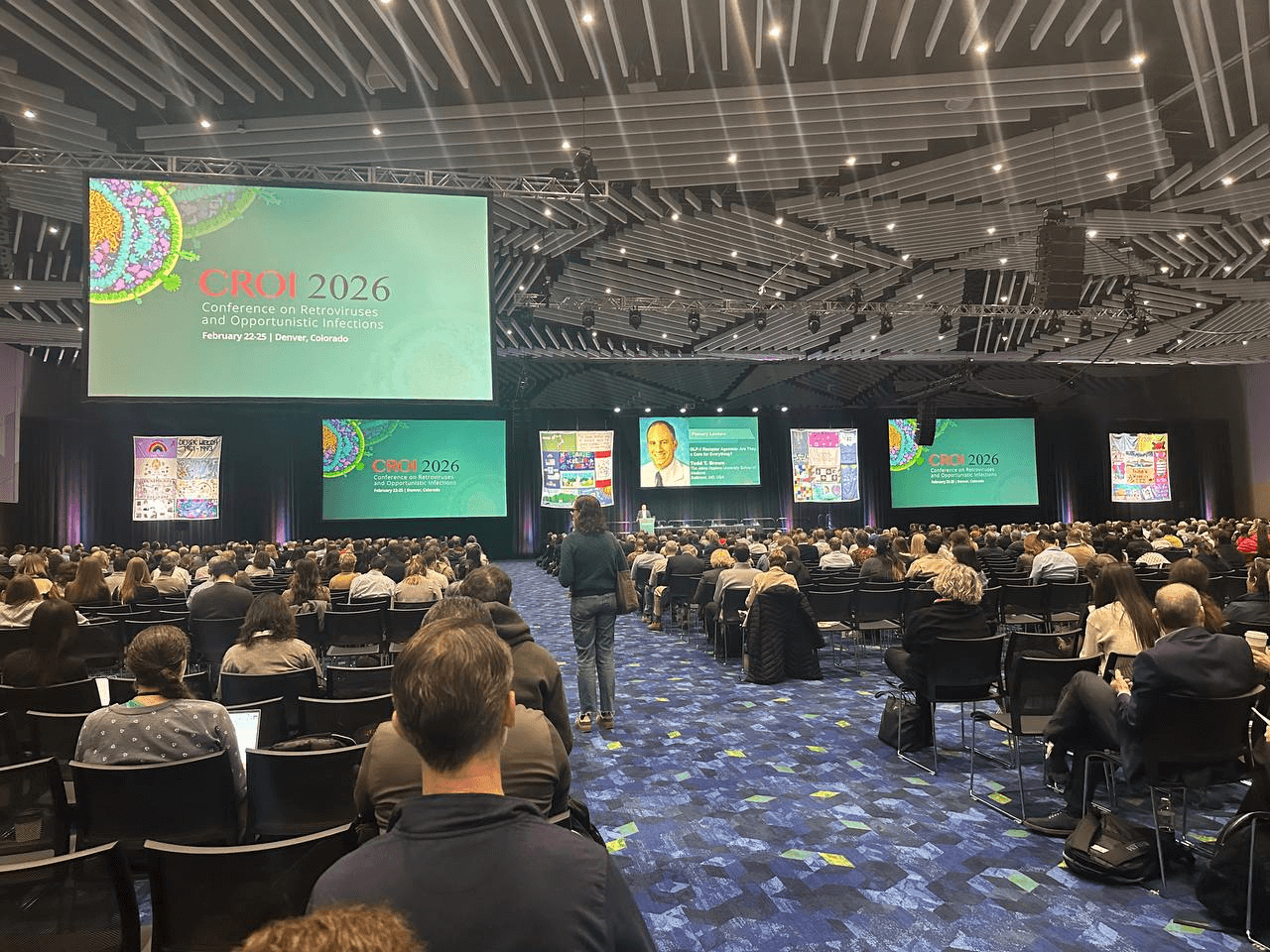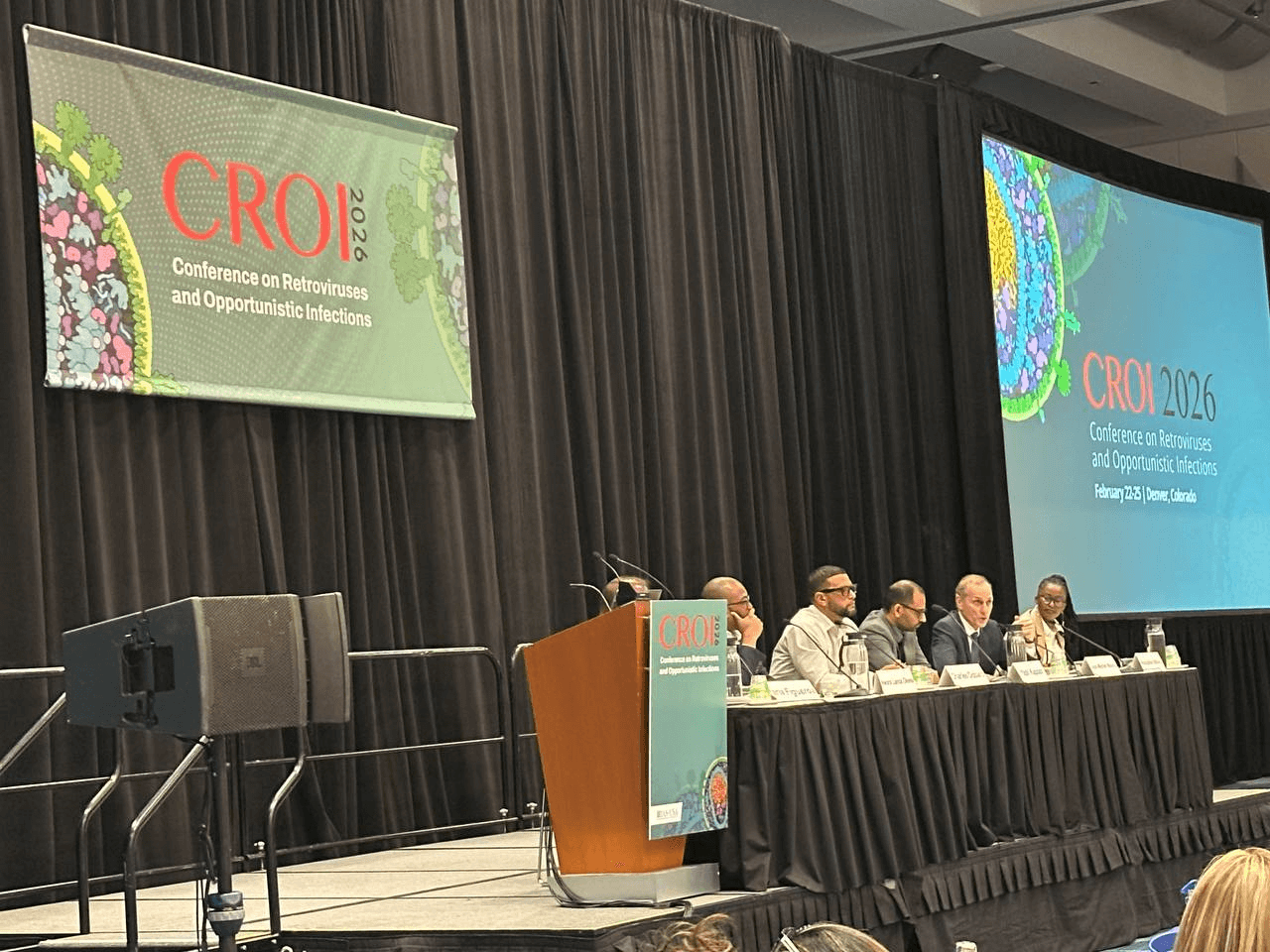Amir fled Turkmenistan because he was gay, but now fears being deported from Russia because he has HIV

Novaya Gazeta correspondent Fariza Dudarova, has interviewed Amir - an illegal immigrant with HIV from Turkmenistan. The man said that he was forced to migrate to Russia because of his HIV status. In order not to draw attention to himself, Amir tries to look and dress like an average Russian man.
Amir came to Russia almost twelve years ago as a legal migrant. But since 2014, he has lost the right to remain in the Russian Federation. At the age of 32, Amir was diagnosed with HIV, and Russia is still the only country in Europe that deports foreigners diagnosed with HIV. Amir has now been living illegally in Russia for five years.
In 2021, the Russian MP Fedot Tumusov proposed a bill to abolish the mandatory deportation of migrants with HIV. But the government of the Russian Federation did not support the bill, and the reason for refusal was that the current law “prevents the spread of infection”.
In 2012, a Moscow City Duma deputy proposed to ban migrants with HIV from entering the city of Moscow, explaining that they play a “significant role” in the “spread of disease” in the capital. However, according to Daniil Kashnitsky, a member of the Migration and Health Regional Expert Group, the reality is quite different.
Migrants living with HIV in Russia are faced with a choice: to leave the country in which they live, study and work - or to remain as an illegal immigrant without access to treatment. Amir, like many others, chose the second option.
Amir is from Turkmenistan. In Central Asia, this is the only country that does not raise awareness among young people, does not test for HIV, and does not provide WHO statistics on the incidence of HIV amongst its population. Officially, HIV does not exist in Turkmenistan.
Before coming to Russia, Amir worked as a salesman in Turkey, but he was deported due to problems with his documents. After returning home, he decided that he would next go to Russia. Wages aren’t high in his native country, and besides, and he feared persecution for being a gay man. In Moscow, he went to college, and then to the Synergy University to earn a tourism degree. At night, Amir worked part-time.
At his next job, he was asked to bring up to date medical records. It was at this point that Amir found out about his HIV status. At 32, he knew nothing about the virus, because in Turkmenistan it’s not talked about. Amir was turned down for the position he’d applied for, and instead took a job that didn’t require a medical records check - a janitor.
Until 2016, Amir lived and worked in Moscow without treatment - at which point his study visa expired. Then he returned to his home country and tried to find a job. His health was deteriorating, and with HIV treatment not available in Turkmenistan, Amir decided to return to Russia on a tourist visa.
Amir’s tourist visa was valid for a month, and since it expired, Amir has been living in Russia illegally. There is no free treatment for migrants in Russia and now his HIV has developed into AIDS.
Once Amir became very ill he took himself to the nearest HIV clinic. Fortunately, he was seen by a doctor from his own country. She explained to Amir the danger of his condition, and sent him to the hospital for urgent removal of neoplasms due to Kaposi's Sarcoma. The doctor also put Amir in contact with the HIV/AIDS charity, ’Steps’.
The Steps Foundation has been working on disease prevention for 20 years, including among vulnerable groups: migrants, injecting drug users, men who have sex with men, and sex workers.
Steps began to help Amir as much as possible with the search for cheap treatment, but he is often ashamed to ask the fund for financial assistance. Therefore, he sometimes buys pills himself, and sometimes asks friends.
“All I have in my head right now is to work, get therapy and sleep. I don't believe the law will change soon. I do not believe in miracles".



